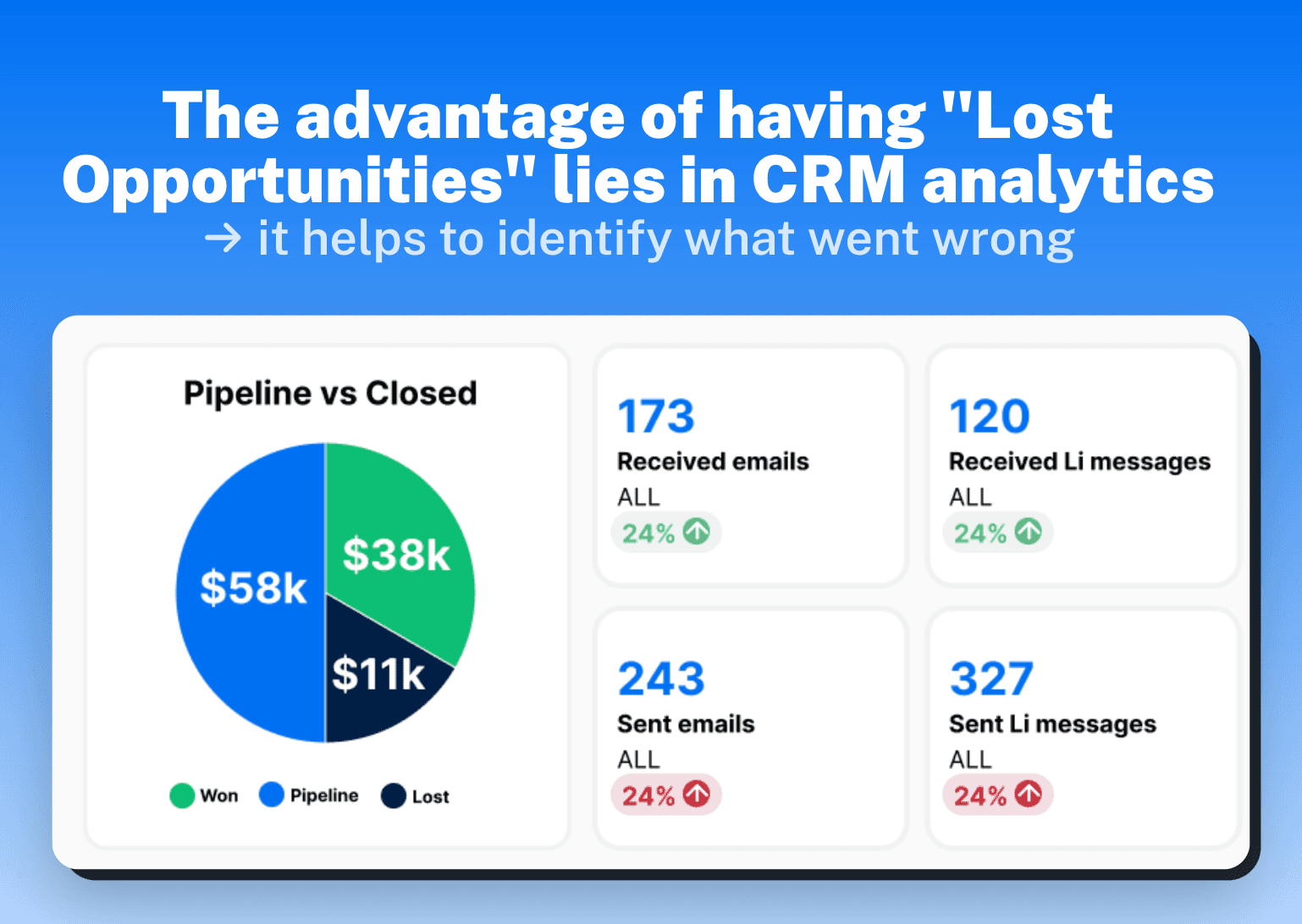Lost opportunity refers to the potential gains or benefits that could have been achieved but were missed or not pursued. It is a concept that is relevant in various fields, including business, entrepreneurship, and decision-making processes. Understanding lost opportunity can help individuals and organizations make more informed choices and avoid regretful outcomes
1. What is Lost Opportunity?
Lost opportunity, as the term suggests, refers to opportunities that have been lost or missed. This can happen due to various reasons, such as lack of awareness, indecisiveness, fear of failure, or even limited resources. Regardless of the specific circumstances, the result is the same - an opportunity that could have led to positive outcomes was not fully realized.

Imagine a scenario where a talented musician is offered a chance to perform at a prestigious music festival. However, due to their fear of failure and lack of confidence, they decline the opportunity. This is a classic example of a lost opportunity. The musician had the potential to showcase their talent to a large audience and potentially attract new fans and opportunities for their career. However, their fear held them back, and they missed out on a chance to make a significant impact in their field.

1.1 Definition of Lost Opportunity
Lost opportunity can be defined as the failure to capitalize on potential benefits or advantages that were available at a certain point in time. It involves leaving untapped potential unused, which can result in missed growth, innovation, or progress.

Let's consider a business scenario. A company has been presented with an opportunity to expand its operations into a new market. However, due to a lack of awareness about the market's potential and the potential risks involved, the company decides not to pursue the opportunity. This decision leads to a lost opportunity for the company, as they miss out on the chance to increase their customer base, generate more revenue, and establish a stronger market presence.
1.2 Advantages of Lost Opportunity
The concept of lost opportunity might seem negative at first, but it is important to recognize that it also offers some advantages. By reflecting on missed opportunities, individuals and organizations can learn from past mistakes and make better choices in the future. Analyzing lost opportunities can help identify patterns or trends, enabling proactive measures to be taken to avoid similar situations in the long run.

For instance, a student who fails to secure a scholarship due to a lack of preparation can use this experience as a learning opportunity. They can reflect on their shortcomings, such as poor time management or inadequate study habits, and make necessary changes to improve their chances in future scholarship applications. This self-reflection and growth mindset can ultimately lead to personal and academic development.
1.3 Disadvantages of Lost Opportunity
On the flip side, lost opportunities can have significant negative consequences. They can result in lost revenue, market share, or competitive advantage. Missed opportunities can also lead to lowered morale or demotivation among team members, especially if they were actively involved in pursuing those opportunities. Furthermore, lost opportunities can hinder personal or professional growth, preventing individuals from reaching their full potential.
Consider a scenario where an entrepreneur has a groundbreaking idea for a new product but fails to secure funding to bring it to market. This lost opportunity not only affects the entrepreneur's potential for financial success but also hampers their ability to make a positive impact on the industry and society as a whole. Additionally, the entrepreneur may feel discouraged and demotivated, which can hinder their future entrepreneurial endeavors.
2. Examples of Lost Opportunity

2.1 Example in a Startup Context
Imagine a startup that has developed a revolutionary product but fails to secure funding due to a lack of effective pitching skills or networking opportunities. Without the necessary financial backing, the startup struggles to bring their product to market, missing the chance to disrupt an industry and gain a competitive advantage.
Furthermore, the lack of funding prevents the startup from hiring top talent or investing in research and development. As a result, they are unable to improve their product or adapt to changing market demands. This missed opportunity not only hampers their growth but also allows competitors to gain an edge by capitalizing on the market gap.
Additionally, without the necessary resources, the startup may struggle to establish a strong brand presence or engage in effective marketing campaigns. This lack of visibility further hinders their chances of success, as potential customers remain unaware of the innovative solution the startup offers.
2.2 Example in a Consulting Context
A consulting firm neglects to explore potential partnerships with complementary service providers or fails to adapt their offerings to meet emerging market demands. As a result, they miss out on opportunities to expand their client base, diversify their revenue streams, and enhance their reputation in the industry.
Moreover, by not actively seeking out new opportunities, the consulting firm may become stagnant and lose relevance in a rapidly evolving market. Clients may perceive them as outdated or lacking in innovative solutions, leading to a decline in business and the potential loss of key clients.
Furthermore, the failure to adapt to emerging market demands can result in missed chances to develop specialized expertise in lucrative areas. This lack of diversification limits the firm's ability to compete with more agile competitors who are quick to seize these opportunities.
2.3 Example in a Digital Marketing Agency Context
A digital marketing agency fails to invest in staying up-to-date with emerging trends and technologies. As a result, they are unable to offer cutting-edge services to their clients, consequently losing business to more proactive competitors who embrace innovation and seize market opportunities.
Additionally, the agency's failure to keep pace with technological advancements may lead to inefficiencies in their operations. They may rely on outdated tools and strategies, which can hinder their ability to deliver results and meet client expectations.
Moreover, by not embracing emerging trends, the agency misses out on the chance to establish themselves as thought leaders in the industry. This lack of credibility can make it difficult for them to attract high-profile clients or secure partnerships with influential brands.
2.4 Example with Analogies
Imagine a traveler who hesitates to explore new destinations due to fear of the unknown. By sticking to familiar places, they miss out on the chance to experience diverse cultures, breathtaking landscapes, and life-changing encounters that can broaden their perspectives and create lasting memories.
Furthermore, by not venturing into unfamiliar territory, the traveler may miss opportunities for personal growth and self-discovery. Exploring new destinations can challenge preconceived notions, foster resilience, and cultivate a sense of adaptability.
Moreover, the traveler's reluctance to step out of their comfort zone may limit their ability to connect with people from different backgrounds. By immersing themselves in new cultures, they can forge meaningful relationships, gain global perspectives, and develop a more nuanced understanding of the world.
In conclusion, lost opportunity is a concept that highlights the potential gains that were not realized due to inaction, poor decision-making, or other factors. While lost opportunities can have disadvantages, such as missed revenue or growth, they can also offer valuable lessons and insights. By understanding and analyzing lost opportunities, individuals and organizations can make better choices, seize future opportunities, and avoid regretful outcomes.











































































































































































































